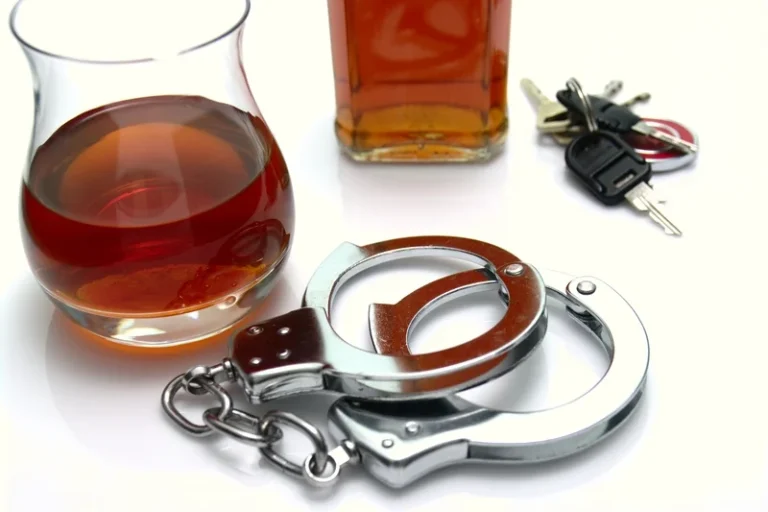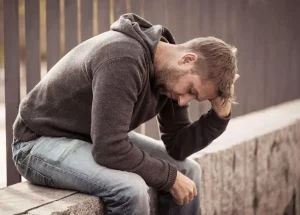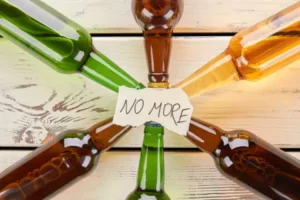
“Quitting drinking can improve a person’s sleep, but there may still be a significant number of people who continue to have sleep problems even with continuous abstinence,” Volpicelli says. Alcohol makes it harder for your body’s immune system to make enough white blood cells to fight off germs and bacteria. People who have been drinking a lot of alcohol for a long time tend to get frequent infections like pneumonia and tuberculosis because their immune system has been worn down. Excessive drinking can lead to the build-up of toxic, highly cancer-causing (carcinogenic) compounds that contribute to inflammation in your body, especially in your liver. Research shows people who have a supportive social network are more likely to remain alcohol-free after withdrawal.
- It is potentially life-threatening, so it is essential to seek medical attention immediately if you experience such symptoms.
- It also makes you more impulsive, and less able to resist the fries and other temptations on the menu.
- This is usually when people start to feel their best after giving up alcohol.
- If you’re considering a break from alcohol, it might also be helpful to think about why you drink.
What Are the First 24 Hours Without Alcohol Like?

Your doctor can recommend medications that can help with alcohol withdrawal symptoms and cravings during your recovery. Naltrexone is one type of medication that can help reduce alcohol cravings, making it easier for https://ecosoberhouse.com/ some people to stop drinking. For most people, alcohol withdrawal symptoms will begin to subside after 72 hours. If you are still experiencing withdrawal symptoms after three days, talk to your healthcare provider.
In the Next Few Weeks

As you spend less time and energy managing physical symptoms, you may be wondering – what do I do with all this free time I used to spend drinking or recovering from drinking? Finding fun alcohol-free activities can help you distract yourself from alcohol cravings and build new routines. By day 6, you’re likely to have experienced some fluctuation in your mood and motivation. Your mental health can also be affected in the first week of sobriety.
- If you want to reduce your alcohol use and stop drinking, there is help and support for you.
- Your liver has enzymes that work like special tools to help metabolize (break down) different toxins that enter your body, such as alcohol.
- Even if they’re on a detox plan with a significant amount of tranquilizers, their levels can be up to 170.
- Just being dry for 1 month and going back to drinking in excess is a bad idea.
- Team this with spiking insulin levels that cause inflammation and you’ve got yourself a recipe for acne.
- When you stop drinking, it can also reverse the negative effects alcohol has had on your cognitive functions like problem-solving, memory, and attention.
What does drinking alcohol do to your body?

But sometimes uncomfortable symptoms stick around for months or years. Withdrawal happens because your brain gets used to the depressive effects of alcohol. These chemical changes affect how your nerve what happens when you stop drinking alcohol cells talk to each other. Over time, the nervous system can get worked up when there’s no alcohol in your system. The experience of withdrawing from alcohol can be uncomfortable and difficult.
“Giving your body six months of water absorption will improve your digestion and constipation,” says Dr. Mosquera. But treatment varies based on the severity of alcohol withdrawal and the likelihood that it could progress to severe or complicated withdrawal. It’s difficult to predict who will and who won’t experience alcohol withdrawal — and how severe it will be. This can lead to anxiety (known as ‘hangxiety’) in the days after your sesh. Ultimately, drinking alcohol can cause dry skin, dark circles, decreased elasticity and skin flushing.
What Causes Alcohol Withdrawal Symptoms?
This is because alcohol can cause changes in brain chemistry, which can lead to cognitive problems. If you struggle to sleep, talk to your doctor about solutions that might help. While giving up alcohol can be a challenge, it’s important to remember that the benefits are well worth it.
- Talk with a healthcare professional if you’re concerned you may experience detox symptoms when quitting drinking or cutting back.
- Heavy drinking can actually cause the part of the brain that’s critical to memory and learning (hippocampus), to shrink.
- Drinking before bed messes with the stages of your sleep cycle meaning less quality sleep (and worse hangover), says an article published by the Sleep Foundation.
- Some people even have seizures or see things that aren’t there (hallucinations).
